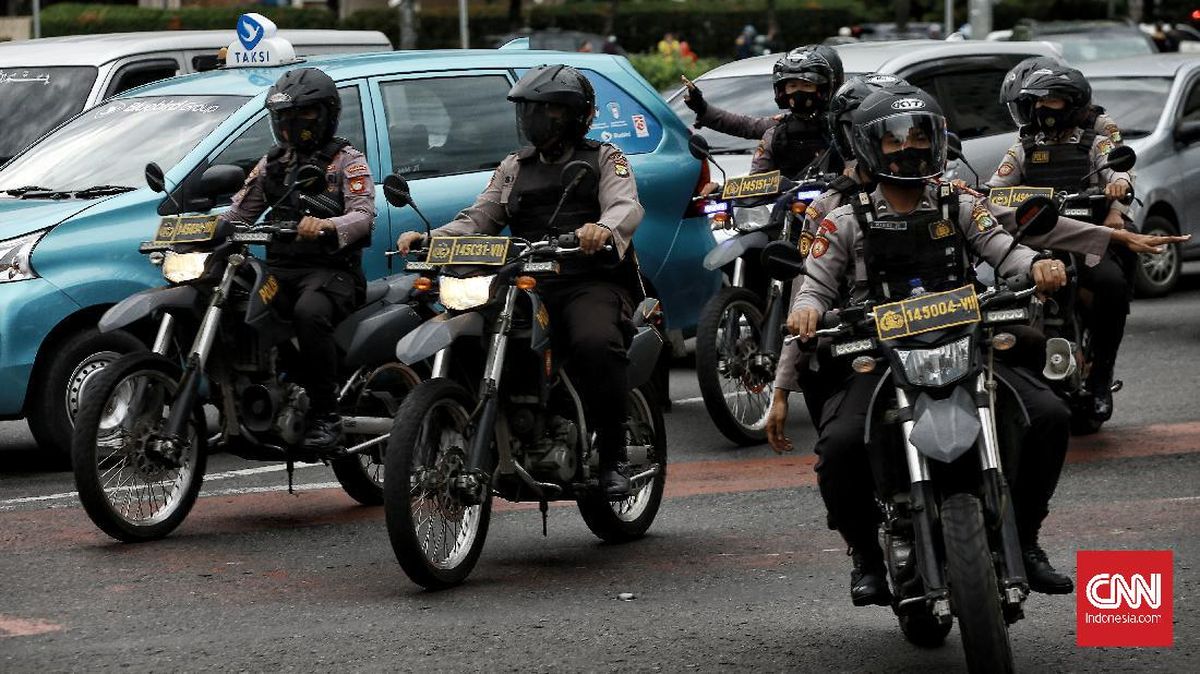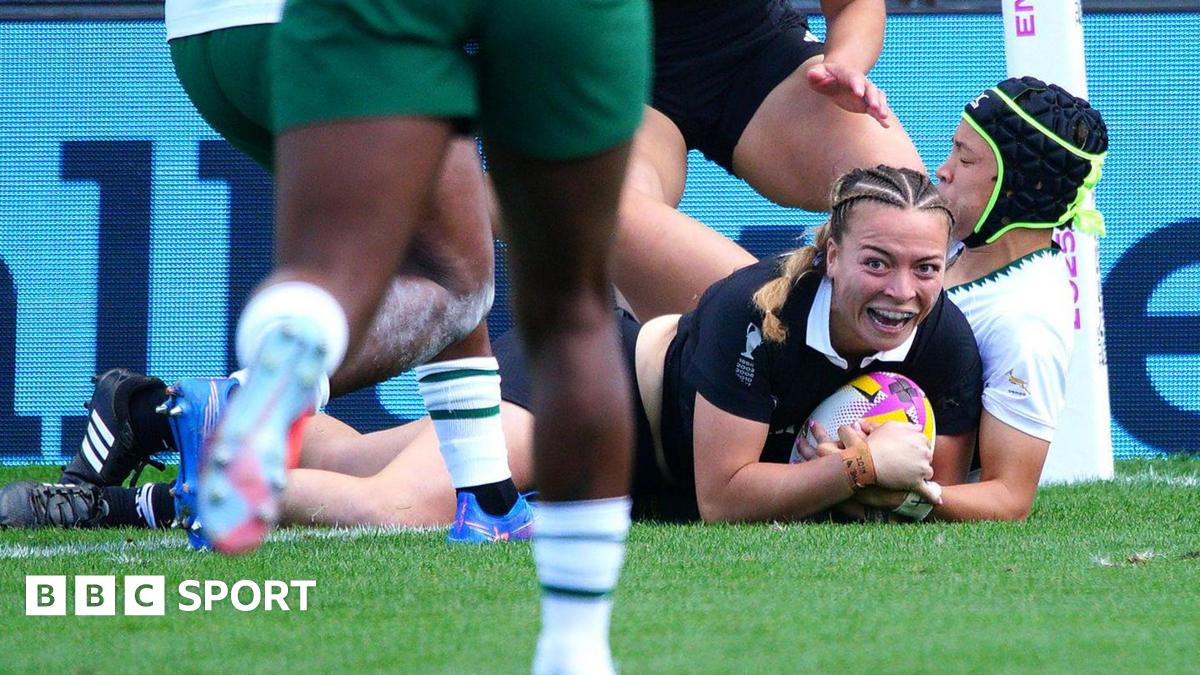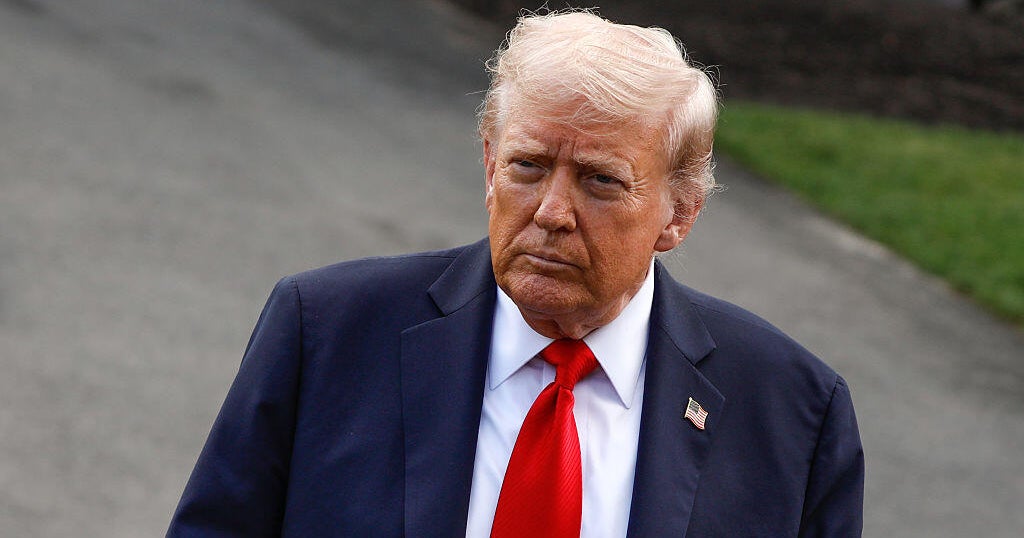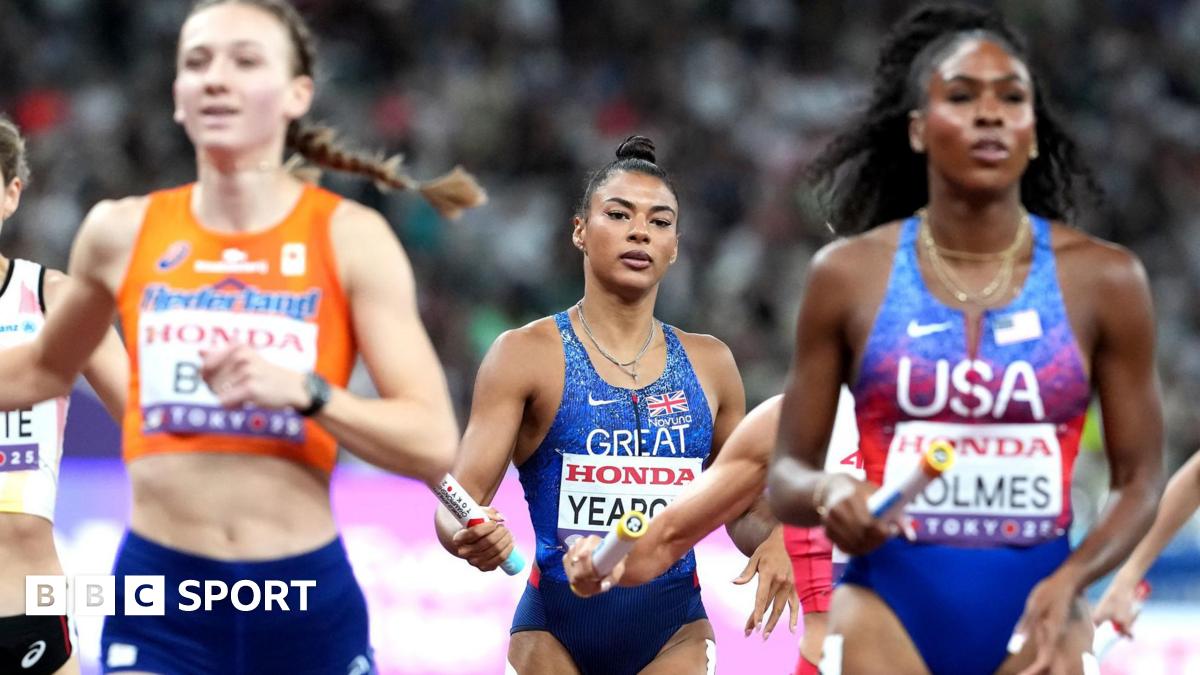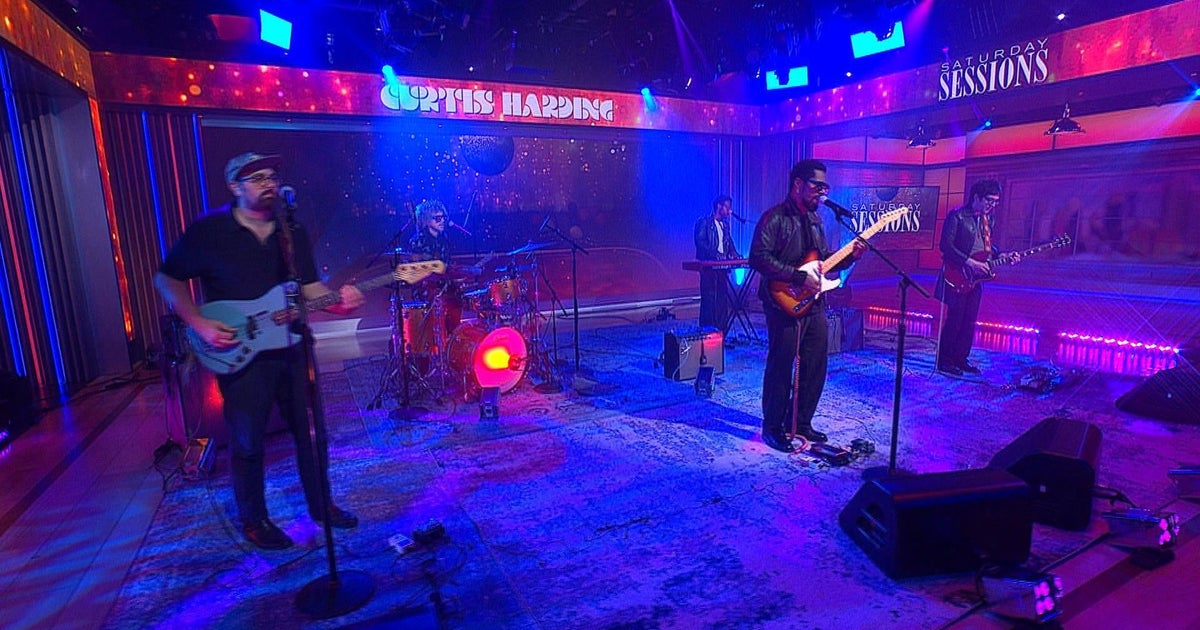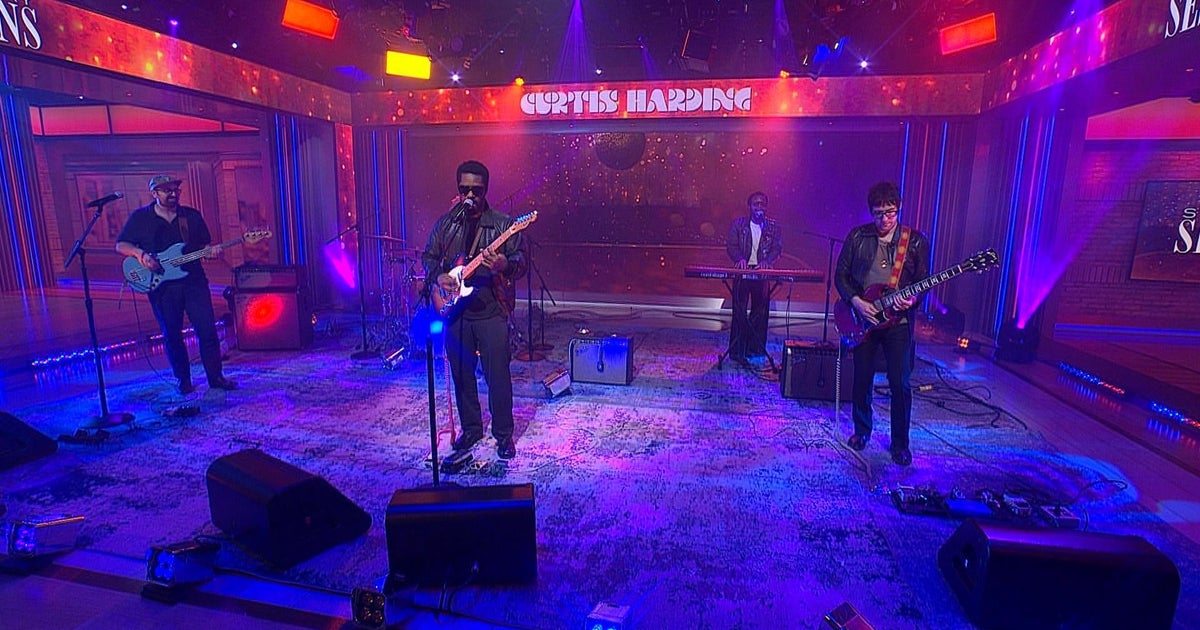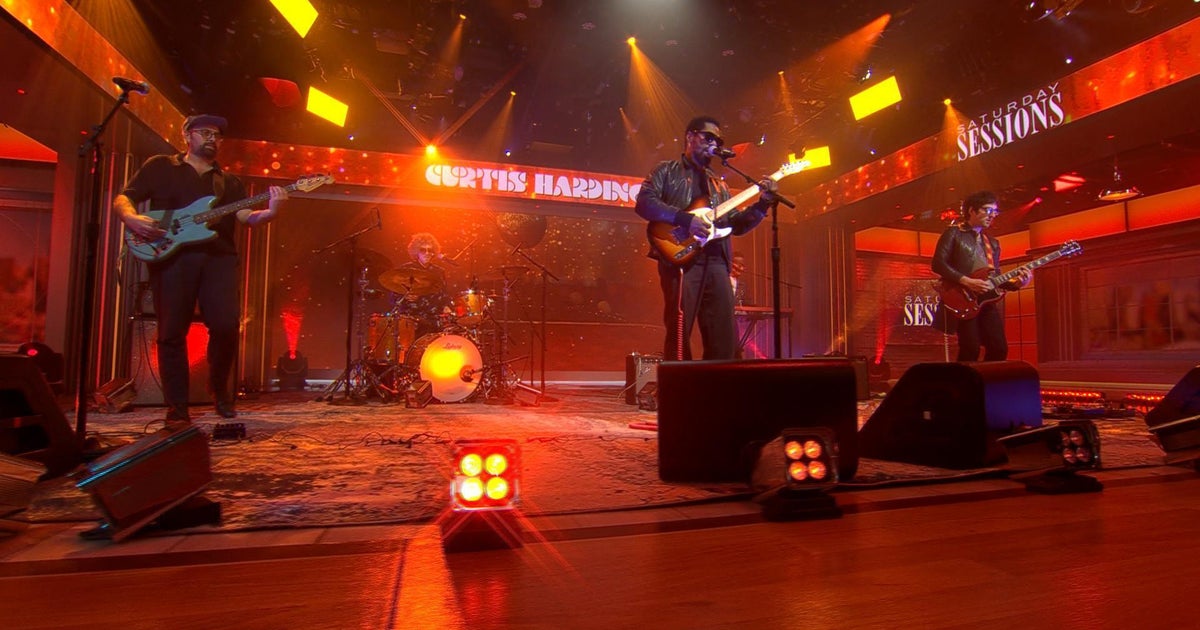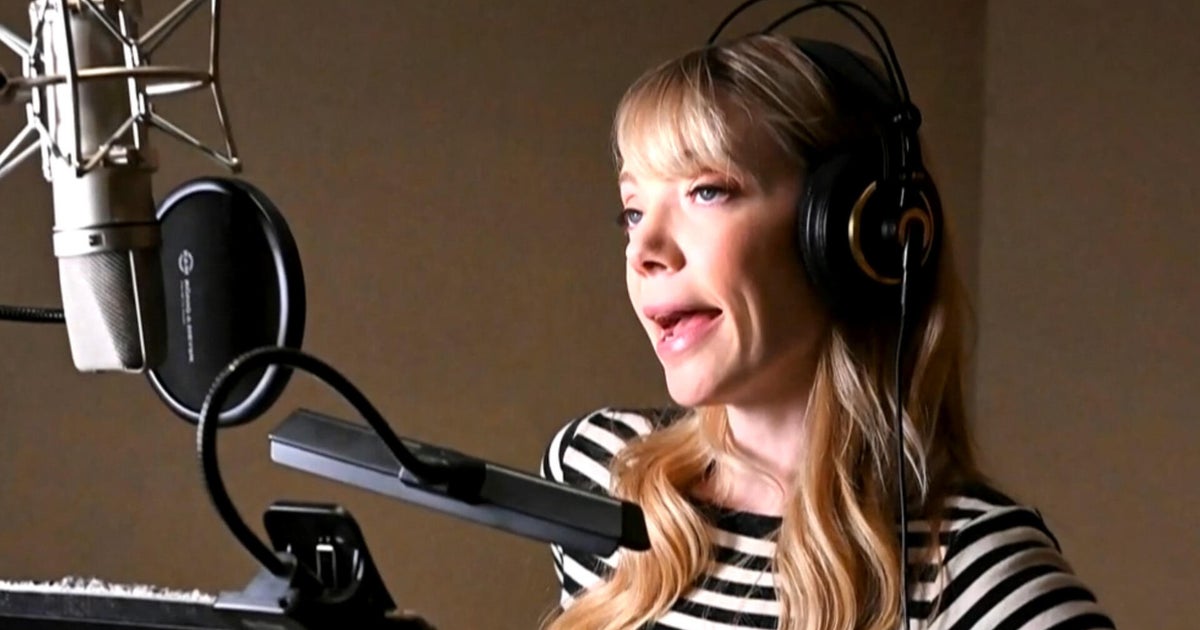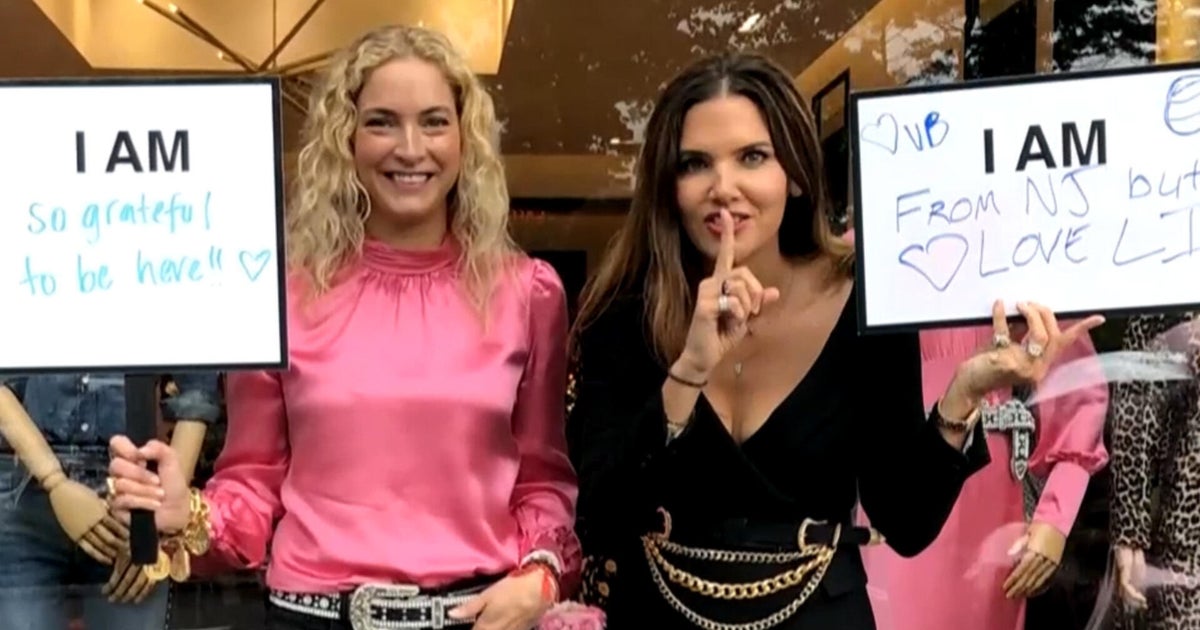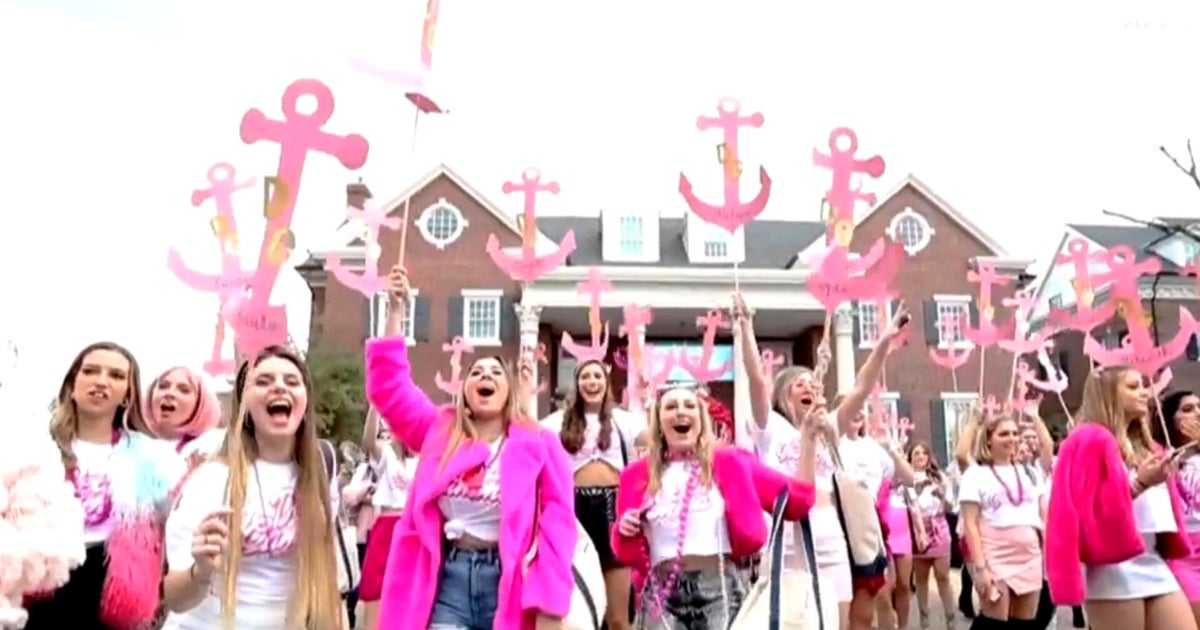Logomania. Loud luxury. Conspicuous consumption. Melbourne prestige PR doyenne Judy Romano has her own nickname for brand-obsessed social mountaineers: e-taggers. “Wearing so many expensive logos … like e-tags,” she drolly explains, having spent decades compiling the city’s “A list”. “Beeping with every rung up the social ladder.”

US entrepreneur and reality-TV personality Bethenny Frankel sold 50 of her status-symbol handbags on realising she was “nauseated” by herself.Credit: GC Images
American economist and sociologist Thorstein Veblen coined the term “conspicuous consumption” in 1899, seven years after the death of French trunk maker Louis Vuitton, whose name became synonymous with luxury branding. Veblen described the acquisition of status symbols by the “nouveau riche” to signal social standing. “Nothing’s changed,” groans Romano. “Today it’s called ‘loud luxury’.”
For the past two decades, aspiration has fuelled the luxury label boom in Australia, today a $7.7 billion market that has enjoyed 3.8 per cent annual growth since the onset of COVID-19 in 2020, according to analyst firm IBISWorld. However, change is in the wind. IBISWorld predicts growth will be halved this year amid reports of a global “luxury recession”, attributed to the cost-of-living crisis, weakened Chinese demand, global economic uncertainty, diminished perceptions of exclusivity and fakes.
Recent OECD figures estimate counterfeit goods accounted for $US467 billion in global trade in 2021. There’s also the impact of Donald Trump’s US tariffs, and – perhaps most interesting of all – signs of a generational change towards aspirational consumerism. The No Buy 2025 social media movement has gone viral on platforms like TikTok. Participants, mostly young adults, pledge to cut back or eliminate spending on non-essential purchases all year to save money, reduce debt, curb overconsumption and promote environmental consciousness.
Loading
Consulting firm Bain & Co’s report into the $2.6 trillion global luxury market in June found there were 50 million fewer luxury customers worldwide in 2024 compared to 2022. Revenue at Louis Vuitton’s giant parent company, LVMH, dropped 2 per cent in 2024. On one day in April, its chairman Bernard Arnault’s fortune dropped $US9 billion. It recovered in a month, but the volatility was newsworthy.
“It’s a fine balance between growing the business and maintaining the perception of luxury,” says former Louis Vuitton Asia Pacific CEO Philip Corne, adding some companies “may have pushed their brand too far”. Even Bethenny Frankel, one of the original Real Housewives of New York City cast, is so sickened by super-expensive handbags that, as she told US fashion journalist Amy Odell earlier this year, she sold 50 of them “just as a result of being nauseated by myself”.
To read more from Good Weekend magazine, visit our page at The Sydney Morning Herald, The Age and Brisbane Times.


